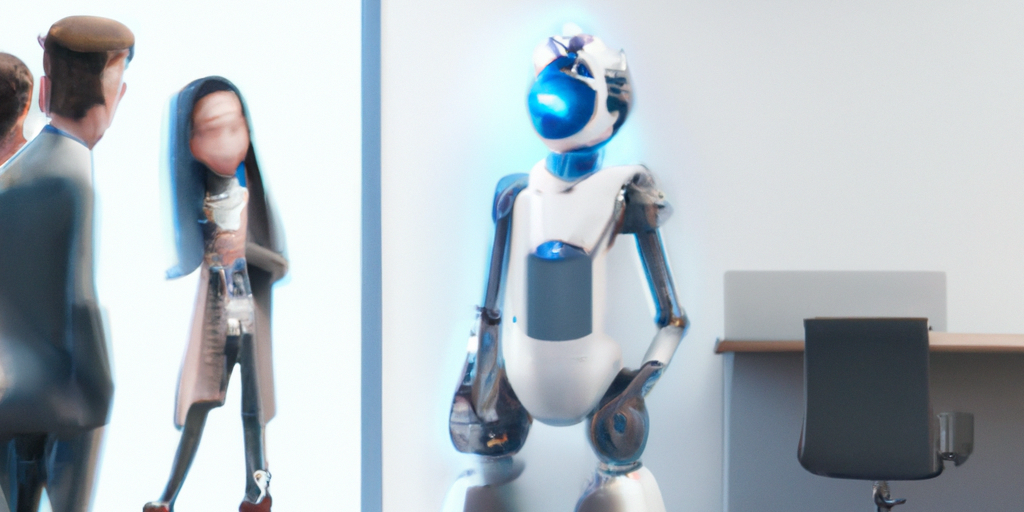Deloitte recently published a rundown of how AI could transform your work relationships...
AI has the potential to "generate personalized, confidential recommendations at an individual and organizational level to help improve human interactions at work," says Deloitte.
Specifically, they see five areas where AI is going to have a big impact:
- Emotion AI that leaders can use to run simulations of conversations with employees. Leaders might calibrate simulations to different personality types to increase emotional intelligence.
- AI that extracts insight from customer interaction data to improve service. Also, AI sentiment analysis that understands what customers need in conversations.
- AI that helps recruit more diverse workforces. This type of AI could enable blind hiring or better assessment of soft skills.
- AI that breaks down communication barriers. These barriers could include language barriers. Or, they might include someone dominating a conversation.
- Using AI to analyze informal networks within companies. AI could identify who has clout and influence on teams, regardless of title.
Why It Matters
In Episode 24 of the Marketing AI Show, Marketing AI Institute founder/CEO Paul Roetzer and I broke down the implications of AI in the workplace for business leaders.
- There are a lot of ways to build a more intelligent organization with AI. It’s not just about the automation of repetitive tasks. Social AI can help you do the more human aspects of your job better. “AI can do more than make work better for humans,” says Roetzer. “It can help make better humans for work.”
- Deploying social AI is a long-term strategy. Most organizations won’t use AI to overhaul interpersonal work tomorrow. But the day is coming when AI will be an important part of how we interact with colleagues. Savvy leaders should start preparing now.
- But understanding AI is a major obstacle. “The challenge is that most leaders don’t understand the technology,” says Roetzer. Many leaders in HR, finance, product, etc., “are unaware of or unprepared for not only the integration of AI, but the downstream effects of that integration.”
- And, often, the barrier to understanding is…us. Many leaders don't want to accept that machines can augment interpersonal skills. “It’s really hard to accept that AI could potentially play a really valuable role in helping you,” says Roetzer. “I think lack of adoption could be more driven by people refusing to accept AI’s abilities in [interpersonal] areas that they consider uniquely human.”
What to Do About It
- Read Deloitte’s full analysis of social AI in the workplace.
- Learn more about how AI is going to transform businesses: The Future of Business Is AI, or Obsolete.
- Learn everything you need to know about AI in 30 minutes with our free live class, Intro to AI for Marketers.
Learn More About This Topic
You can hear the whole conversation about this topic and more cutting-edge AI news in Episode 24 of the Marketing AI Show, out now.
Mike Kaput
Mike Kaput is the Chief Content Officer at SmarterX and a leading voice on the application of AI in business. He is the co-author of Marketing Artificial Intelligence and co-host of The Artificial Intelligence Show podcast.


